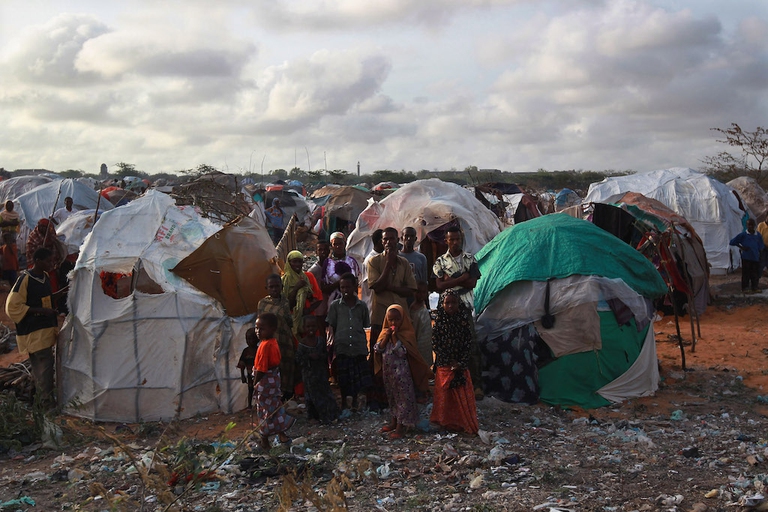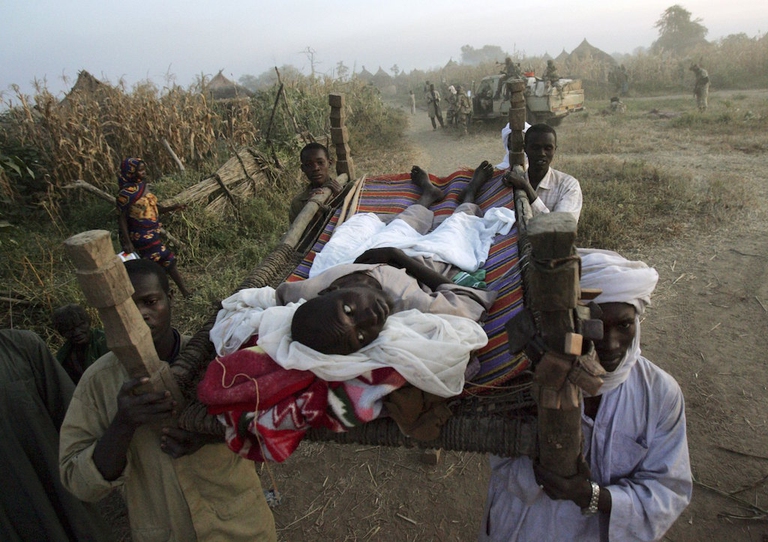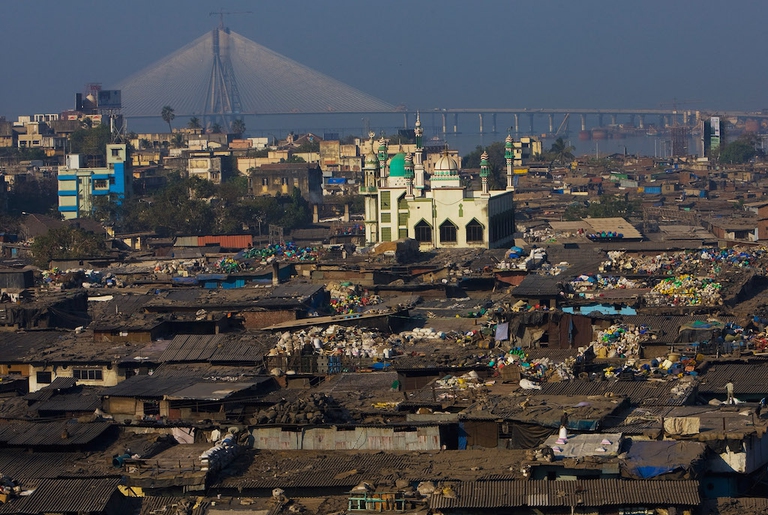100,000 lives were lost in the Sahel region of Africa between 1972 and 1984 due to a long lasting drought and the famine it caused. A recent scientific study shows that global warming has more recently increased rainfall in the area, temporarily relieving it from drought. This has led many, such as Forbes contributor James
100,000 lives were lost in the Sahel region of Africa between 1972 and 1984 due to a long lasting drought and the famine it caused. A recent scientific study shows that global warming has more recently increased rainfall in the area, temporarily relieving it from drought. This has led many, such as Forbes contributor James Taylor, to frame global warming as “life saving”.
![Somali Famine Refugees Seek Aid In Mogadishu]()
The loss of lives in the Sahel region has been “one of the most heart-wrenching tragedies of the past century”, as Taylor puts it, and the relief that rainfall has provided is indeed “life saving”. However, this must be viewed within the wider global context: 150,000 lives are lost annually and millions more are displaced due to climate change.
In 2013, over 30 million people had to leave their homes due to disasters such as floods, storms and earthquakes. In Somalia alone the famine that occurred between 2010 and 2012, linked to reduced rainfall caused by greenhouse gas concentration, killed nearly 260,000 people. By 2050, it is predicted that climate change could force one billion people from their homes.
In addition, global warming has been linked to several conflicts. For example, limited access to water and environmental degradation have been identified as some of the main drivers behind the Darfur conflict, which counts over 300,000 deaths.
![Hundereds Are Killed As Violence In Eastern Chad Continues]()
Currently, changes in climate tend to have the most impact on already impoverished countries, as highlighted in a report by the International Organization for Migration (IOM). Furthermore, while many believe that environmental migrants are moving internationally, most relocate within the borders of their own country. By 2050, the global urban population will increase by at least 2.5 billion, mainly in developing countries, and many of these lack policy frameworks to accommodate those escaping environmental calamities into urban areas. This exposes migrants, largely represented amongst the urban poor, to increased risk of disease and exposure to pollution and natural disasters.
In fact, our current systems often neglect migrants affected by climate change and are thus in need of reform. For example, immigration laws in most “destination” countries do not have policies in place to cope with environmental migrants, even though this emergency is apparent to many.
![Mumbai Slum Redvelopment Stalled By Financial Crisis]()
The “positive” impacts of global warming seen in isolated examples like the Sahel region dwarf in comparison to its overall catastrophic consequences. Its effects on vulnerable communities must be understood in order to develop adaptable responses to environmental migrants’ needs. The priority is to develop a more sustainable future in order to prevent future waves of heart-wrenching tragedies.
Siamo anche su WhatsApp.
Segui il canale ufficiale LifeGate per restare aggiornata, aggiornato sulle ultime notizie e sulle nostre attività.

Quest'opera è distribuita con Licenza Creative Commons Attribuzione - Non commerciale - Non opere derivate 4.0 Internazionale.











